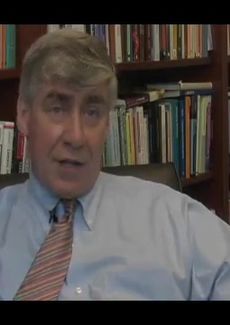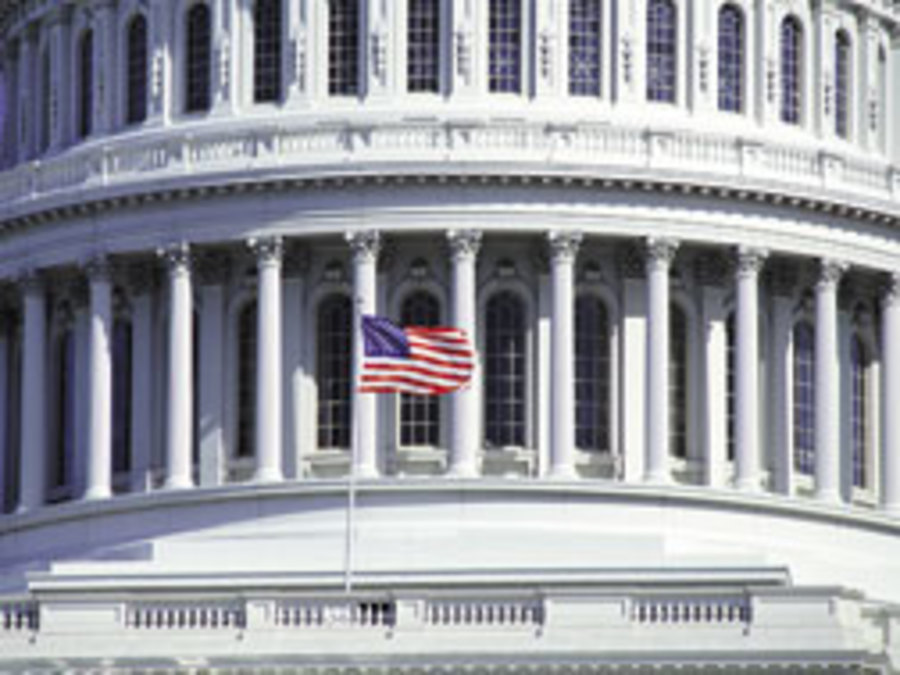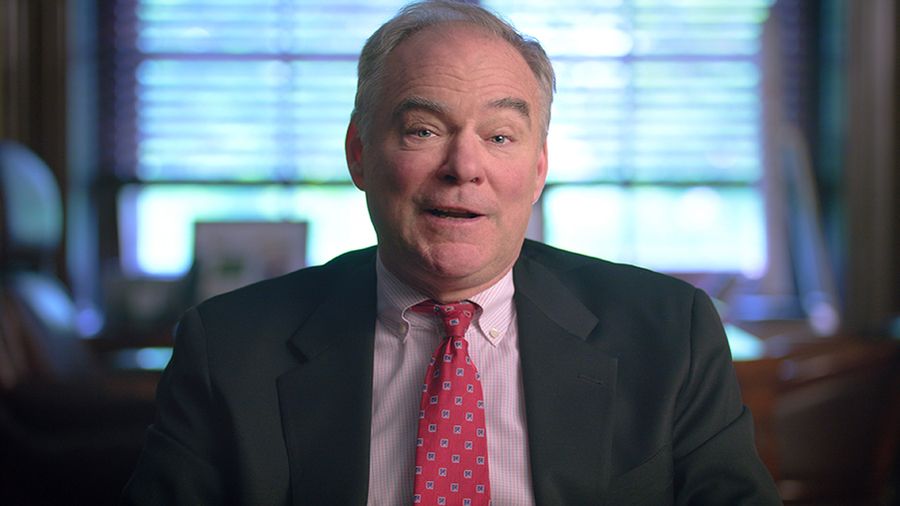 Try these videos to get started. Must be on campus or login with your COM account for off campus access.
Try these videos to get started. Must be on campus or login with your COM account for off campus access.
Want more on finding media? Try Articles & Media.
-
Beyond Elections: Redefining Democracy In The Americas (1:55:00)
What is democracy? Freedom, equality, participation? Everyone has his or her own definition. Across the world, 120 countries now have at least the minimum trappings of democracy - the freedom to vote for all citizens. But for many, this is just the beginning not the end. Following decades of US-backed dictatorships, civil wars and devastating structural adjustment policies in the South, and corporate control, electoral corruption, and fraud in the North, representative politics in the Americas is in crisis. Citizens are now choosing to redefine democracy under their own terms: local, direct, and participatory. In 1989, the Brazilian Worker's Party altered the concept of local government when they installed participatory budgeting in Porto Alegre, allowing residents to participate directly in the allocation of city funds. Ten years later, Venezuelan President Hugo Chavez was swept into power with the promise of granting direct participation to the Venezuelan people; who have now formed tens of thousands of self-organized communal councils. In the Southern Cone, cooperative and recuperated factory numbers have grown, and across the Americas social movements and constitutional assemblies are taking authority away from the ruling elites and putting power into the hands of their members and citizens. Beyond Elections is a journey that takes us across the Americas to attempt to answer one of the most important questions of our time: What is Democracy?
-
Beyond King of the Mountain: Can Democracy Evolve? (22:00)
Lincoln’s phrase, “of the people, by the people, for the people,” still sums up widely held notions about democracy. But a growing number of activists, theorists, and leaders feel that in order to fully address the needs and rights of all participants, our existing paradigms of representative government need to change. This film examines challenges that many democratic systems are currently facing and suggests that the future of democracy lies in an inclusive, non-adversarial framework—one which eschews the competitive electoral process. Experts from a variety of political and sociological disciplines share their thoughts on cooperation, planning, diversity, human instinct, and how these relate to the global, egalitarian community they believe is possible.
-
-
Democracy in America (30:00)
President Andrew Jackson’s 1828 election was made possible by a groundswell in popular democracy. While white male suffrage spread throughout the states and into the newly developed territories. At the same time, women, free African-Americans, and American Indians were disenfranchised. The era witnessed the further organization of political parties, and with it, such innovations as political conventions and party platforms.
-
Democracy Isn't for Everyone: A Debate (1:41:11)
Is it reasonable to expect the entire world to adopt democratic ways, or is it wrong to press other countries to embrace a system that—however beneficial it may, in theory, be—is completely at odds with their cultures and traditions? The motion under consideration in this Oxford Union–style debate is “Democracy isn’t for everyone.” Panelists in favor stress that true democracy is more than merely the holding of elections and therefore must evolve organically out of a society’s circumstances, while those against argue that to say democracy isn’t for everyone is tantamount to saying that democracy, for some, can never be—a proposition rejected because whatever some people can achieve, all are humanly capable of achieving. Questions from the floor follow. The final vote? Marginally against.
-
Dismantling Democracy Series (3 Titles)
This series examines democratic structures of government in the United States and around the world. Featuring interviews from across the political spectrum, the series depicts the gradual deterioration of the democratic process. Through a critical look at the historical and current state of democracies, it becomes evident that preserving democracy is a feat no less significant than its establishment. So, are we up to this pressing task of preserving democracy?
-
Moyers & Company: Social Activism 2.0—How Citizens Are Standing Up for Democracy (57:00)
American history is rich with stories of social change inspired by the actions of motivated individuals and organized groups. Today’s activists are no different—facing long odds against powerful and systemic special interests. In this edition of Moyers & Company, Bill Moyers talks with young but very experienced organizers George Goehl, Ai-Jen Poo, and Sarita Gupta, all involved with a nationwide citizens’ initiative called the 99% Spring, which took place the week of April 9, 2012. Organizers aimed to train 100,000 Americans to teach about income inequality in homes, places of worship, campuses, and the streets. The program concludes with a Moyers essay on what citizens can do to find out who’s paying for all those political ads running on their local television stations.
![]() Try these videos to get started. Must be on campus or login with your COM account for off campus access.
Try these videos to get started. Must be on campus or login with your COM account for off campus access.




